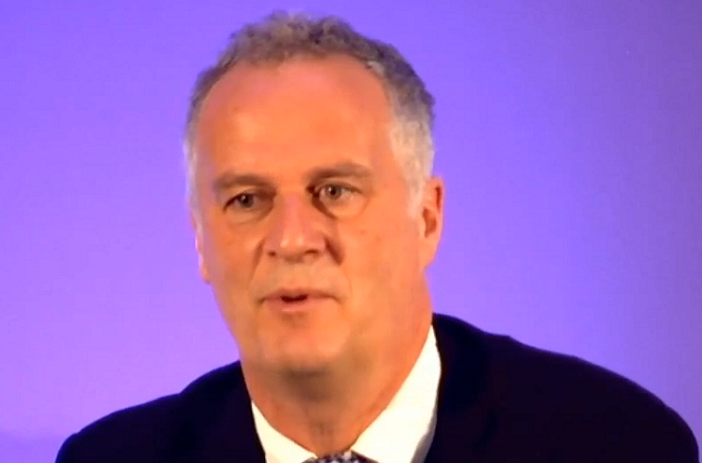The Society of Occupational Medicine (SOM) has issued a stinging rebuke to the UK government on its leadership for workplace health during the pandemic and warning that its latest guidance for pregnant workers is unsafe.
The trade association for occupational health professionals also criticised the failure to reform Statutory Sick Pay (SSP) emphasising it was a valuable way to engage workers and maintain productivity.
Speaking at the Chartered Institute for Personnel and Development (CIPD) annual conference, SOM CEO Nick Pahl was particularly alarmed at the latest advice for pregnant staff published last week.
“There was some guidance which came out on pregnancy in the workplace which frankly is not correct or accurate,” Pahl warned the audience.
“That kind of advice from government hasn’t been good and I’d encourage you all to work together with health and safety and with occupational health to get that correct advice on what happens with specific cases.”
Lack of government leadership
Pahl (pictured) emphasised the lack of leadership from government was an ongoing concern, not just from the early days of the pandemic, with workplace health still a big issue and Covid deaths remaining high.
And he said the society had been working with the CIPD and ACAS among others to fill the government’s leadership void.
“The government hasn’t provided that leadership in terms of the proper advice that helps you in the workplace,” Pahl said.
“The kind of things we worked on are effective risk assessments, PPE, long Covid, providing expert advice on what mental health app works and what should happen on workplace mental health.
“Ventilation is incredibly important; occupational health and occupational hygienists can help with that, we provided leadership where there hasn’t been any from government and we’re keeping companies to account.”
Increased sick pay
And Pahl was also disappointed in the lack of action on SSP in the government’s Health is everyone’s business consultation published in the summer.
“On sick pay they got all this evidence and then they decided now is not the time to do anything and that is such a missed opportunity,” he said.
“Mind is really concerned and angry about low sick pay in the UK compared to other developed countries. We would like it changed, we would like more flexibility and increased sick pay levels.
“The Trades Union Congress rightly says if you have higher sick pay you’re more likely to stay in work and stay in that return to work so there are benefits in terms of productivity.
“It’s not just money going out of the business, it’s about keeping people more engaged with the business and sick pay is part of that. We would like to see reform and I think the government shied away from it.”
Post-Brexit role
This view was echoed by fellow panellists CIPD senior policy adviser for employment relations Rachel Suff and CoachHub senior vice president for coaching Prof. Dr Jonathan Passmore.
Suff said the CIPD agreed with Pahl’s view. “We think there’s a need for urgent reform in all sorts of ways to SSP – yes it’s too low and the way its structured, doesn’t encourage that effective return to work,” she said.
Meanwhile Passmore argued the UK needed to consider this as part of its post-Brexit leadership role.
“If the UK in its new world role outside the EU believes it is a developed world country, then it needs to be looking towards other European and developed world countries in terms of the standards it sets in sick pay,” he said.
“Secondly, how do we support those employees on their journey back to work? How are those employers actively engaging in a positive way with those employees rather than simply leaving them alone?
“We need to do a lot more around there as well as addressing issue around sick pay, which you highlighted there is a significant disparity – compared with Germany or other northern European countries we are way behind,” he added.
